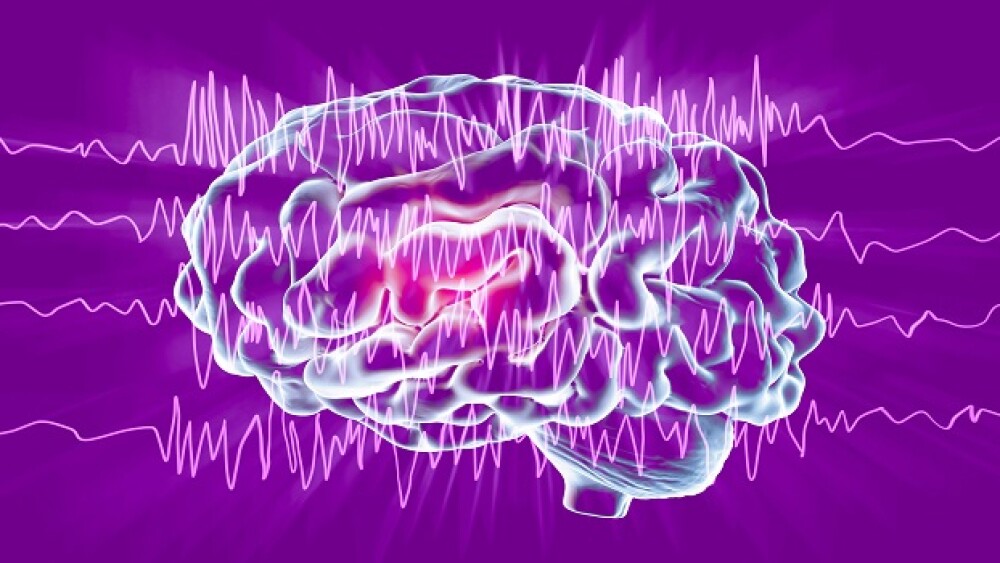NAYZILAM was approved to treat frequent seizure cluster episodes in epilepsy patients.
Belgium-based UCB’s nasal spray for the treatment of frequent seizure cluster episodes associated with epilepsy was approved by the U.S. Food and Drug Administration (FDA).
This morning, UCB announced that the FDA approved NAYZILAM, a nasally administered benzodiazepine spray that is indicated for the acute treatment of intermittent, stereotypic episodes of frequent seizure activity that are distinct from a patient’s usual seizure pattern in patients with epilepsy 12 years of age and older. The new nasal spray is a single-use treatment carried by patients, much like an Epi-Pen or rescue asthma inhaler. It is estimated that more than 150,000 people in the United States who have epilepsy suffer from seizure clusters. Also known as acute repetitive seizures, seizure clusters are acute episodes of consecutive seizures that occur within a short period of time with a patient regaining consciousness during the interictal period. The seizure clusters are distinguishable from a typical seizure pattern in a patient.
As a rescue tool, NAYZILAM can be administered by a non-healthcare professional when patients are actively seizing. The approval of NAYZILAM marks the first nasal option for treating seizure clusters, UCB said. The approval also marks the first new medication approved to treat seizure clusters in more than 20 years in the U.S., UCB added.
Jean-Christophe Tellier, UCB’s chief executive officer, said the approval of NAYZILAM complements the company’s strong epilepsy portfolio and improves the company’s ability to “provide value to people living with poorly controlled seizures.” UCB has had a string of epilepsy treatments approved by the FDA over the past few years, including Vimpat and Briviact, which has been approved for multiple indications, including as a treatment for patients four years of age and older with partial-onset seizures.
“We are pleased to expand and diversify the solutions we can offer to the epilepsy community, providing an innovative and differentiated solution to help support management of seizure clusters,” Tellier said in a statement.
UCB acquired NAYZILAM from Proximagen LLC in June 2018 for about $370 million after the drug hit the mark in Phase III studies. The late-stage trial showed that treatment with NAYZILAM resulted in the halting of seizures within a few minutes of administration. Patients who participated in the trial, which was conducted by Proximagen, had been on a stable regimen of antiepileptic drugs and were identified by their physicians as having intermittent, stereotypic episodes of frequent seizure activity that were distinct from the patient’s usual seizure pattern.
Steven Chung, director of the Epilepsy Program at Banner University Medical Center, said seizure clusters have a significant impact on the overall quality of life of epilepsy patients. There is a greater risk for increased emergency room treatment associated with these clusters.
“… as a neurologist specializing in epilepsy, treating seizure clusters today presents a challenging barrier for many patients. The availability of a new treatment option, such as NAYZILAM, has potential to help improve the lives of patients and their families by providing another option for rescue care,” Chung said in a statement.





